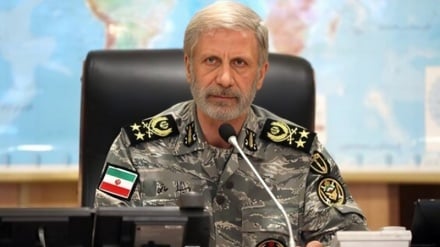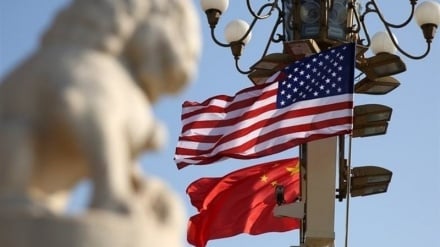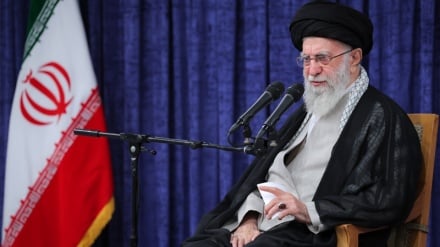A look at US military intervention in Dominican Republic on April 28, 1965+ Photos
-
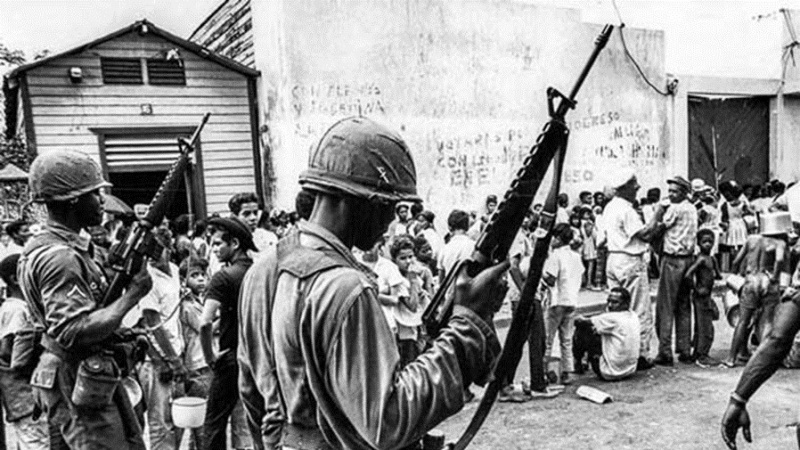
A look at US military intervention in Dominican Republic on April 28, 1965
Pars Today- The US military intervention in the Dominican Republic located in Central America (1965) was launched after the intensification of internal conflicts and violence between the left and right groups and the military in the Dominican Republic.
On April 28, 1965, the US troops were deployed to the Dominican Republic and occupied the country under the pretext of protecting their own nationals. However, in a short period of time, the number of US marines increased from 1,500 to 40,000 and surrounded the Dominican Republic with the backing of 37 cruisers.
In a televised speech broadcast in early April 1965, US President Lyndon B. Johnson admitted that the Vietnam War was "dirty, brutal, and difficult." However, on April 28 of that year, departing from the moral orientation that had fueled his speech, Johnson sent a large contingent of United States marines to Santo Domingo with the aim of suppressing a nascent democratic revolution.
Fearing from "another Cuba" (in Johnson's words) in the Americas played an important role in Washington's decision to attack the small Caribbean country.
Johnson, in clear violation of the Charter of the Organization of American States (OAS), which prohibited direct or indirect intervention in the internal or external affairs of any of the member states, sent the US marines and the 82nd Airborne Division to this Central American country.

The US invaded Santo Domingo under the guise of protecting American lives, while in fact the US occupied the Dominican territory to protect its economic interests and geopolitical reach.
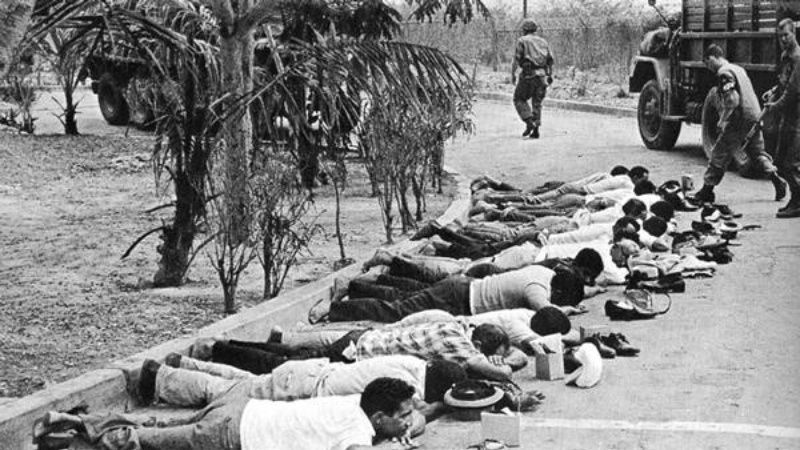
According to historian and former revolutionary combatant Roberto Cassá, the 1965 democratic revolution and war of national liberation was one of the most important events of 20th century Dominican society.
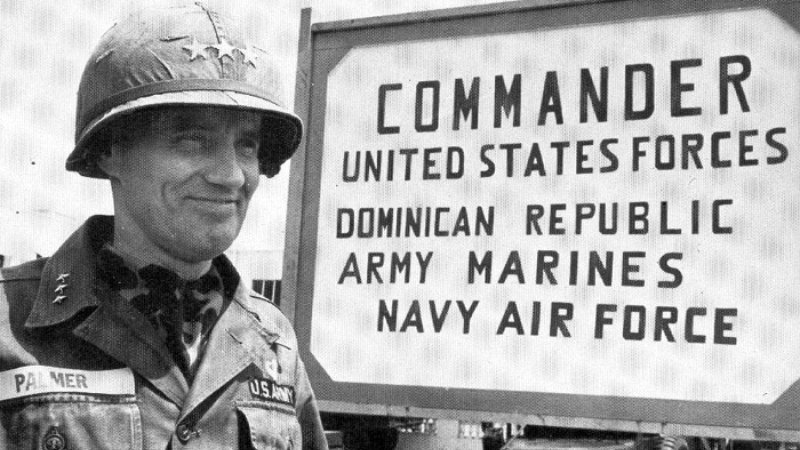
Indeed, the Dominicans—like the Vietnamese—demonstrated that the united people could put up a tough resistance despite military weaknesses. This is the case in Yemen today which is resisting the US and Britain.
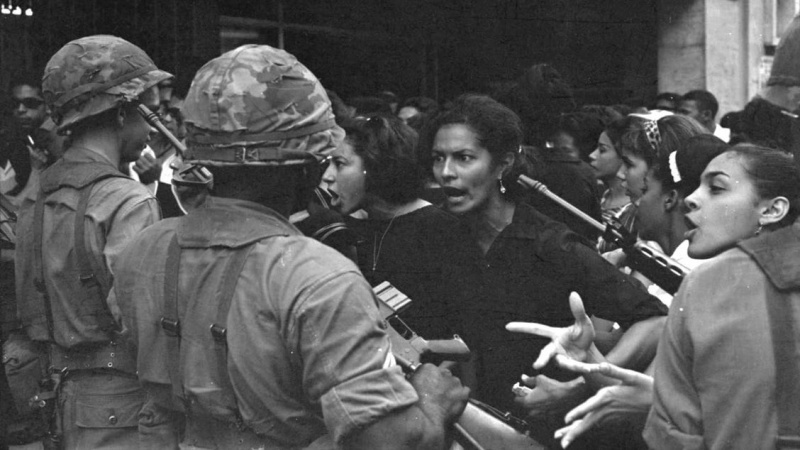
In April 1965, Dominican and internationalist combatants from Haiti, France, Spain, and Mexico joined the popular militia known as the Popular Dominican Commandos to fight the arrogance, white supremacy, Western racism, military brutality, and genocidal thirst of Washington's allies. In addition, the invasion of the Dominican Republic provoked global outrage.
Although the US suppressed the popular resistance and installed a puppet regime, the Dominican Revolution in 1965 left an important legacy of struggle. At the same time, it fueled networks of solidarity around the world while introducing a new generation to anti-imperialist and revolutionary politics.
AE/MG
